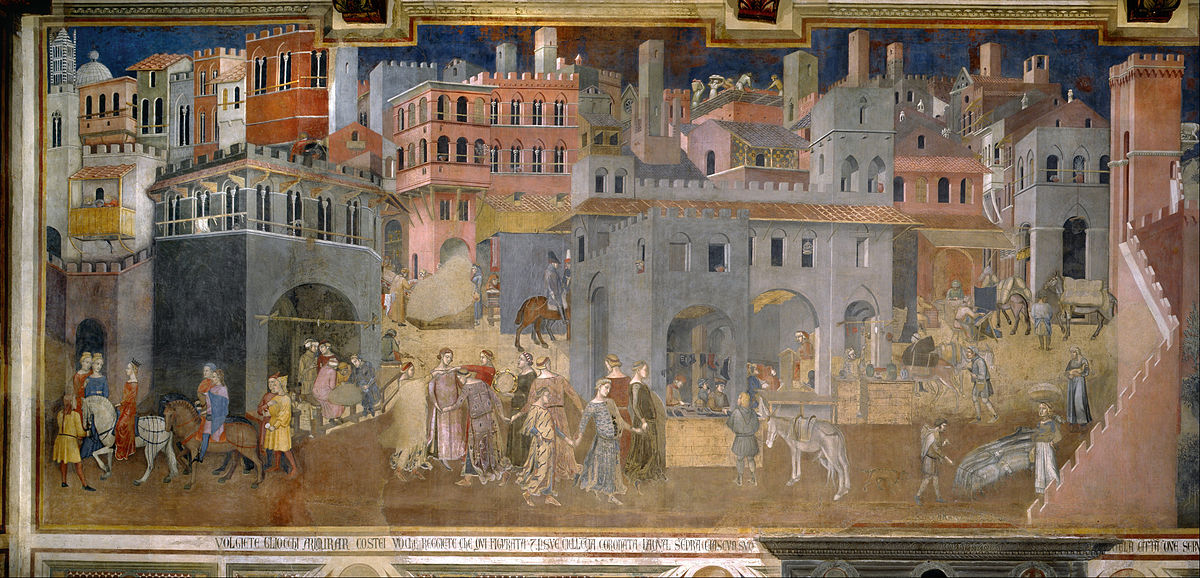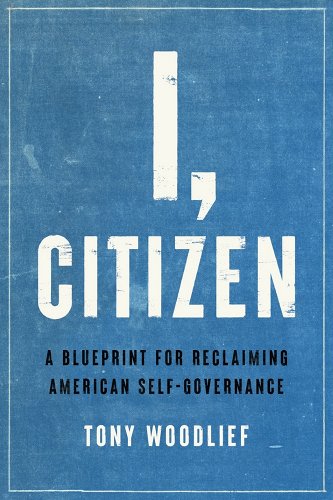Vancouver, WA. It’s riot season in Portland again. A decision arrived at by a jury a thousand miles away sent people with too much time on their hands running into the streets to punish buildings and store windows for structural racism.
Portland is one of the whitest and most socially liberal cities in the United States. It is also proudly weird, and many of the residents like it that way—including many business owners who increasingly find it difficult to reconcile their politics and their livelihoods.
If the rioters believe that vandalism will change minds they must feel disappointed. Instead, they’ve merely confirmed the low regard in which their political opponents hold them. They’re even driving away many in the muddled-middle who might otherwise feel some sympathy for their cause.
Antifa isn’t known for reasoned persuasion or principled compromise, but then again, it is getting hard to find anyone who is. Perhaps thinkers like Marx and Nietzsche are right and words are nothing more than mobile armies of metaphors. If so, our republic is doomed, based as it is on propositions and designed as it is to be governed by citizens and their reasoned deliberations.
What prospect do we have for peace in our time? Apart from overwhelming and silencing political opponents, it doesn’t look like much. But apparently Tony Woodlief believes that lighting a candle will make a difference – with his new book, that’s what he has done.
Dr. Woodlief is an abashed political scientist (not unabashed—he’s definitely abashed) and the Vice President of the State Policy Network, “a nationwide community that cultivates and supports state-based organizations working on behalf of citizen freedom and self-determination”—or so says his by-line. (I like the sound of it, although I’m not sure how a “nationwide community” functions as a community.) And he is the author of a new book that should appeal to the readers of Front Porch Republic; it appeals to me, even though I have a few unanswered questions and some lingering doubts after reading it. The book is hopefully entitled, I, Citizen: A Blueprint for Reclaiming American Self-Governance.
The title reflects the premise I mentioned earlier that republican government begins with citizens in particular places, at particular times, talking civilly with each other, and it moves upward and outward from there:
the Constitutional blueprint of governance that begins with the self, then the family, then the community, then the state—with the federal government a distant and very limited safeguard—offers far more opportunity to establish policies and norms under which we want to live than does our present political dysfunction. (p.6)
Woodlief believes that the Founding Fathers were right and the American people are competent to govern themselves. Yes, they need to be educated and virtuous (and yes, he does quote John Adams). But our troubles today are not due to the stupidity and selfishness of the American people. The trouble with America is that its citizens have had the means of self-government taken away from them.
On second thought, maybe our problem really is stupidity and selfishness, just not the stupidity and selfishness of hoi polloi. According to Dr. Woodlief it’s their keepers who are stupid, selfish, and can’t be trusted. (And to my delight, Dr. Woodlief does quote William F. Buckley on the subject of a phonebook and the Harvard faculty.)
He begins his analysis of our cultured despisers with his own profession, political science. According to Dr. Woodlief, his colleagues think we’re intellectually messy. The hodge-podge and bric-a-brac result of local communities having worked things out in a give-and-take way looks like finger-painting to them. The impulse for order is strong in them, and if they’re not fascists in fact, they are in their need to neaten things up. And that need leads them to the stupid conclusion that the rest of us are too stupid to be trusted. But maybe a certain kind of intellectual inconsistency is the mark of a healthy community, or as Woodlief maintains, what self-government looks like when it is dealing with realities on the ground, not airy abstractions.
Thinking doesn’t make you stupid; the disease of the mind called “ideology” does that. It would have been helpful if Woodlief had given readers his definition of ideology, but as far as I can see, he doesn’t. From his treatment of its effects, though, I think I would agree with him if he had. Ideology is what people come up with when they’re trapped inside their heads. Like the primordial sea, the world provides data, but it is the mind that gives it form. Wisdom doesn’t rise to the surface through dialogue – it doesn’t even live in the world itself. Instead, it is a murky and insubstantial thing; we must impose order—or at least that’s what ideologues think they’re doing.
By contrast, Woodlief thinks citizens are wise enough to order a common life—not by imposing ideological conformity, but through principled compromise:
Returning full circle to the question of the American mind, rooting beneath superficial analyses by pundits, journalists, and other ideologues reveals that most Americans believe they should do what works for their communities and families. They believe in pursuing the common good, and they share some decent ideas about what it is. They don’t want to upend society in pursuit of utopian visions, nor constrain their options to suit any ideologue’s sense of philosophical purity. They value rights and freedoms, but they also believe in using government to take care of the vulnerable and needy. They favor free-enterprise and believe in pursuing the American dream, yet they distrust big business. Most of them also distrust big government. (p. 67)
While I share Woodlief’s faith in ordinary people, I don’t think that we will see a revival of citizenship until the mental illness of ideology is cured. For that to happen we will have to swallow the pill of metaphysics, and if that happens theology as public truth will also return (ready or not).
Perhaps that’s why Woodlief doesn’t prescribe that pill. Instead, Woodlief turns to the practical problems that stand in the way of citizenship. He names several, but I think they can be lumped together under the heading of vested interests.
Everyone from the hacks who work for political campaigns to the “experts” who staff the machinery of the Administrative State have some professional – that is to say financial – benefit to gain by keeping citizens from governing themselves. Obviously, political campaigners need people to vote – but that’s all they really want from them. And they’ve found that the best way to accomplish that is by demonizing the opposition. That means the opposition isn’t for talking to, instead it is for shutting up. And when it comes to the cult of expertise, naturally experts justify their salaries by calling the value of homespun wisdom into question. So long as these folks make their livings by undermining citizenship, common sense in the service of a common good exercised by common people will be difficult to realize.
Nevertheless, Dr. Woodlief uses the last third of his book to suggest ways for doing precisely that. I won’t go into those here. If you’d like to know what he recommends, buy his book—it’s worth the money. But if you do follow his advice it will cost you more than that. You’ll need a thick skin and a dogged commitment to first principles. Unfortunately, you’ll need to steel yourself against the challenges that will likely arise from your fellow citizens, and not just from turf-conscious bureaucrats. Self-government takes time and effort, and too many people really do want to leave the driving to the experts.
What you’ll need is an almost cult-like devotion to such self-government. That’s always been the case, however. I suppose this is because culture is tied to cult in fact and not just in etymology. And this brings me back to metaphysics and religion: it’s not as though we’ve made a world without those things. We’re just not able to see them any longer. The metaphysics of zero, and the religion of doubt, have given us the cult that turned language into weaponry and has left us ruled by mobs and “experts.” To get the old citizenship back we’ll need a revival of the old religion.









3 comments
Nick Russo
“I don’t think that we will see a revival of citizenship until the mental illness of ideology is cured. For that to happen we will have to swallow the pill of metaphysics…”
I think the reverse is true. Can’t think of a better cure for “the mental illness of ideology” than “a revival of citizenship.”
You suggest that ideology is “what people come up with when they’re trapped inside their heads.” How better to free people from the trap than by luring them out into “healthy communities” where they must “deal with realities on the ground?”
____________
Regardless of the merits of the above, if the fate of the republic is wholly dependent on a revival of the old religion, I’ve got my money on demise.
William Smith
Interesting. I may have to check this one out, Pastor. I am tempted on the one hand to characterize our current ills as complex and multi-layered, which they are! Yet on the other hand, I think we can accurately simplify all of it as deriving ultimately from our departure from the Faith, not necessarily in creed (although, Lord knows, that’s been under attack!), but in our gnostic inability to recognize its vital part in every aspect of life.
Thinkers from Burke to Jefferson and Calhoun (“concurrent majorities”), to Wendell Berry, et al, have some important things to say here as well, once we get the proper cult back in culture!
By the way, I loved what y’all had to say at the FLF Conference back in September, and look forward to cracking open your latest book.
Gratitude and blessings,
David Smith
Brian
Those who have hung around here for a while have seen me say before that it’s all the fault of “one person one vote”, so let me just say, it’s all the fault of “one person one vote”.
Also, “begins with the self, then the family, then the community, then the state—with the federal government a distant and very limited safeguard”–I believe this is a very contemporary libertarian ranking. A more traditional sorting that has more chance of success would be God, family, self, neighbors, community, etc.
Comments are closed.